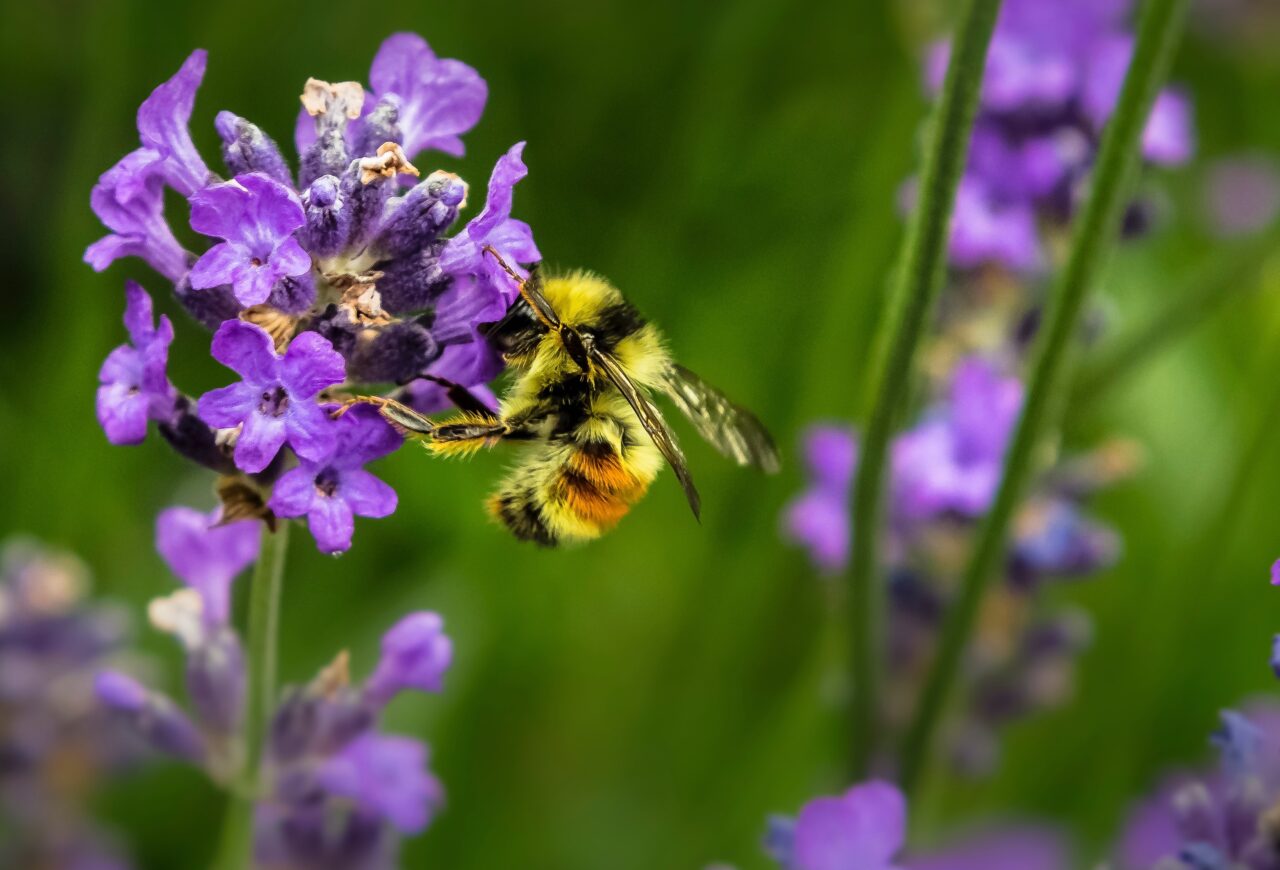The new index will give investors the chance to see what impact government policy is having on nature, and help assess a country’s nature and biodiversity risks, according to the firm.

Ninety One, a global investment manager based in South Africa with £128.6bn (€153.7bn) in assets under management, has launched its Sovereign Biodiversity Index, to assess how governments are impacting nature and biodiversity. The index, which features 116 countries, gives sovereign debt investors a quantitative tool to assess a country’s nature and biodiversity risks, the firm said.
At present, more than half of global GDP depends on ecosystem services, or the benefits that human society derives from nature, Ninety One said, citing a 2023 report by consulting firm PwC.
The way governments impact nature and biodiversity loss can play a key role in their economies and in whether a country is able to service its debt. This is particularly important information for investors in emerging markets, said Peter Eerdmans, co-portfolio manager, emerging markets sustainable debt at Ninety One.
Economies in emerging markets often rely heavily on nature, partly “because so many people work in agriculture and more basic industries, where the link to nature and the access to clean water is tougher and more important to get right”, Eerdmans told Impact Investor.
Direct engagement
By assessing how government policies are impacting both nature and biodiversity, sovereign investors can also seek to move capital to those countries that are doing the most to safeguard biodiversity by preserving natural capital.
The new index will help investors “decide which countries are doing better than others and with that, allocate capital”, Eerdmans said.

“But it is also great for engaging,” he said. “Countries like it if you give them something concrete…You are not just wagging your fingers and saying ‘You are bad’. No, you tell them ‘Look, this is the data, this is all very measurable, and done by reputable institutions, and this is how you are scoring, and this is how you could score better’.”
This will make countries more appealing to a broader range of investors “which will benefit the cost of capital and long-term future of the country”, Eerdmans said.
Three pillars
The new index is the third quantitative tool in Ninety One’s stable. It launched its Climate & Nature Sovereign Index – which assesses the long-term risks relating to climate change and nature loss at a country level – in 2020 in conjunction with WWF, and its Net Zero Sovereign Index – which assesses countries’ progress towards net zero, within the context of a just transition – in 2021.
The Sovereign Biodiversity Index comprises of three pillars: quality of nature, deforestation and policy. It doesn’t have a pillar focused on ‘risks from biodiversity loss’ because there isn’t enough suitable data, Ninety One said.
The index is compiled using a number of data sources. These include Yale University’s Ecosystem Vitality index; the Biodiversity Intactness Index, which was developed by the Natural History Museum in the US, as well as a policy pillar that tracks progress made on relevant Sustainable Development Goals (SDGs) and environmentally-aligned taxes.
Highest and lowest ranked issuers
A look at the top and bottom sovereign debt issuers ranked by the Sovereign Biodiversity Index showed seven of the top 10 to be European nations.
Eerdmans said this reflected the fact that the European Union “has been at the forefront of developing nature-positive policies” including rewilding efforts and legal protections for wildlife in the last 10-20 years.
Venezuela ranked second in the new index, just behind Slovakia. That’s partly linked to the country’s high scores on ecosystem vitality, ocean health, reduced levels of deforestation, and a high proportion of protected areas.
However, Eerdmans noted the importance of taking into account the economic situation of the country which has caused many Venezuelans to emigrate “with an initial effect of less pressures on the environment”. He added: “Companies don’t want to invest, and there is no expansion of, for example, agriculture into the forest.”
Still, a rise in illegal mining under the regime of Venezuelan president Nicolas Maduro has led to an increase in illegal deforestation and water pollution, “which might not be reflected in official data just yet”, according to Eerdmans.
Ranked second from the bottom, just ahead of Singapore, is the Philippines, where deforestation is on the rise and overfishing is threatening marine biodiversity.
The country’s rich biodiversity is under serious threat from “overpopulation, which has put a lot of pressure on the natural wealth”, and triggered deforestation, Eerdmans said. This development has led to “one of the sharpest declines in biodiversity intactness and a concerning rise in the number of species at risk of extinction”.
Although the Philippines government has recently introduced legislation to protect the environment, those protected areas remain “extremely small (3.7%) and woefully insufficient”, Eerdmans said.






